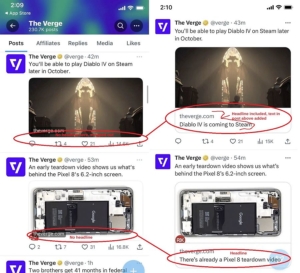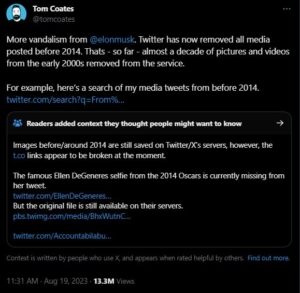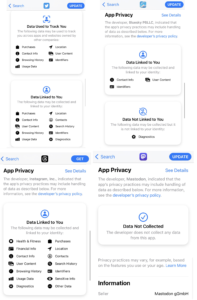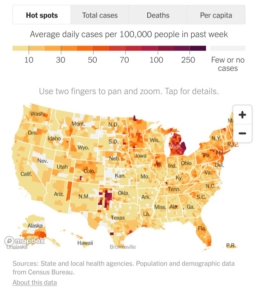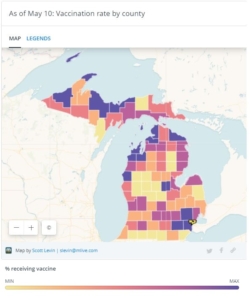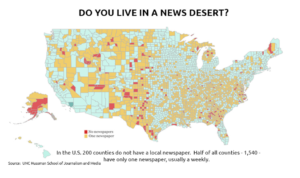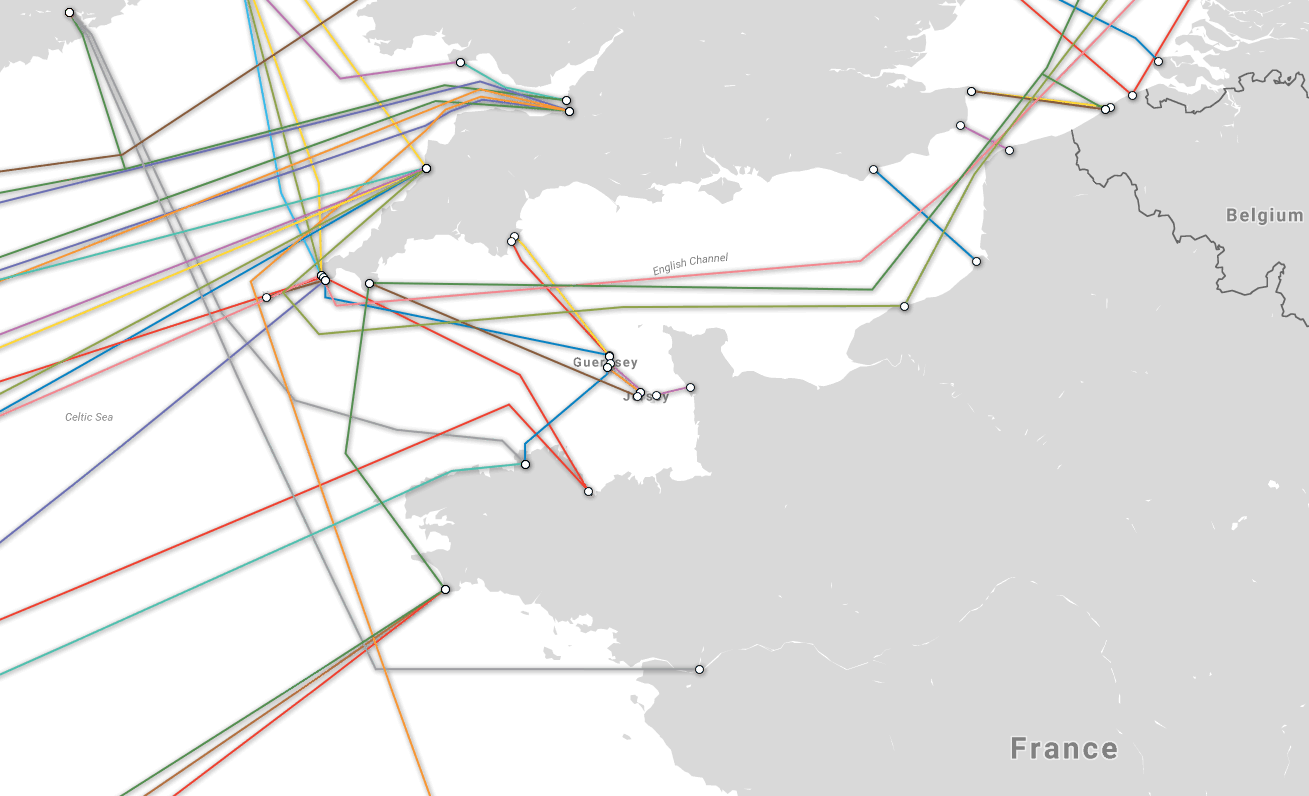Three Things: This Week’s Massive Dickhead Award Goes To…
[NB: check the byline, thanks. /~Rayne]
This last week was bad. We were swamped with dickheads, more so than usual, and some of them bigger dickheads than the usual fare.
There are so many it’s worth assessing who was the champion dickhead this week.
Below are my top three. Tell us in comments who you’d have picked for this week’s Massive Dickhead Award.
~ 3 ~
WINNER: Rep. Patrick McHenry (R, NC-10)
This asshat became the Acting House Speaker after the ultra-fascist faction of the GOP House Caucus led by Matt Ephebophile Gaetz forced the feckless Kevin McCarthy out of the speaker’s role.
McHenry chose to come out swinging rather than settling calmly and rationally into the speakership.
Within hours of McCarthy’s removal, McHenry booted Nancy Pelosi out of her office while she was out of D.C. escorting Sen. Dianne Feinstein’s body back to California. She was not accorded a reasonable amount of time to attend the funeral service and return to D.C. to clean out her office.
He then blew off the Congressional delegation in need of air transportation to California for Feinstein’s funeral.
…the House Republican leadership did not allow a plane to transport the late Senator’s colleagues from DC to SFO. After the late Senator passed, Rep. Zo Lofgren contacted former Speaker Kevin McCarthy to request air transportation for colleagues to attend the memorial service.
This is a courtesy any delegation is traditionally afforded to allow members to travel together to honor a member who passed away. But, Rep. Lofgren, who’s the delegation representative, never heard back from McCarthy. According to Thompson, she made the same request of Speaker Pro Tem Patrick McHenry but also didn’t get a response.
“It’s just sad commentary on the House Republican leadership where they wouldn’t allow a plane to come back so her colleagues can pay tribute to this great legislator, great Senator remarkable leader,” Thompson said. “I’m assuming some people will not be able to make it because of that.”
Sloppy if not arrogantly thoughtless. A slap at the state which is the fifth largest economy in the world, with the largest congressional delegation, as if McHenry doesn’t think anything of winning Democratic seats in California.
There have been 39 representatives and senators who’ve died in office since 2000, and at no time has there been such a pointed dickishness toward the congressional delegation traveling to funeral services, regardless of the political party in control of the House or Senate.
But this is McHenry’s SOP, has been since at least 2008. He demonstrated his sloppy thoughtless arrogance then:
WASHINGTON — The Pentagon told a North Carolina lawmaker Tuesday that he couldn’t re-air a video he’d shot in Baghdad after accusations surfaced that he breached operational security in detailing enemy rocket attacks.
Rep. Patrick McHenry, a Republican, traveled to Iraq with other lawmakers for the first time on March 22. The video was the second incident stemming from that trip that has drawn unwanted attention to McHenry. Earlier, he was criticized for berating a guard in Baghdad’s fortified Green Zone for not allowing him into a gym there because the congressman did not have the proper identification credential.
The new criticism stems from a video that was featured on his Web site last Friday. Shot in the Green Zone, it showed McHenry gesturing to a building behind him and saying that one of 11 rockets “hit just over my head.” Then he named two other places struck by the rockets.
As in 2008, his unthinking reflexive behavior is a sign McHenry is not capable of governance, only peevish pettiness which pisses on the American public and their needs for rational effective government.
Our country deserves and needs better than massive dickheads who believe owning the libs is the job for which the American public pays them. It’d be nice to think the GOP thinks so, too, but they actually allowed McHenry to pull this bullshit and spit on congressional comity at a time when it’s most needed to negotiate a budget. Thanks to North Carolina’s persistent partisan gerrymandering, the GOP ensures both NC-10 and the country are stuck with this prize-winning jerk, at least through the 2024 election.
~ 2 ~
SECOND PLACE: Vladimir Putin
Killing 50 civilians including a child with a missile, wiping out half the village of Hroza while its residents interred a loved one is both a war crime and the height of dickishness.
Way to win hearts and minds, Pooty, you kidnapper and murderer of children.
You’d think he’d have learned something from U.S. errors in places like Iraq and Afghanistan but nope. He just doubles down on his criminality.
Added asshole-ishness: this agitprop trying to stir up shit between the U.S. and Israel immediately after the attack by Hamas.
Unlike Putin, POTUS can walk and chew gum, isn’t hiding in their ill-gotten fortress of solitude, and isn’t obsessed with toxic nostalgia for the past like the decades-plus effort to restore the USSR.
The U.S. also has a defense budget larger which makes Russia’s look like nothing – we can manage more than one challenge.
But that’s the point, isn’t it? All Russia has in its arsenal is cheap influence operations amplified by cringelords?
Speaking of cringelords…
~ 1 ~
THIRD PLACE: Elon Musk
Why this guy bothers with American citizenship is beyond me given his reluctance to respect its government.
The Securities and Exchange Commission on Thursday sought to force Elon Musk to sit for a deposition as part of an ongoing investigation about his purchase of Twitter, now known as X.
The SEC said Musk failed to appear for testimony as required by a May subpoena despite agreeing to show up last month at the SEC’s office in San Francisco.
Musk waited until two days before the scheduled date to notify the SEC he would not appear, regulators said. They’re now seeking a court order to force Musk to comply.
Musk’s response this week was pure DARVO:
Elon Musk called for an overhaul of the Securities and Exchange Commission (SEC) on Thursday, the same day the agency sued him in an effort to compel him to testify about his purchase of Twitter, the platform now known as X.
“A comprehensive overhaul of these agencies is sorely needed, along with a commission to take punitive action against those individuals who have abused their regulatory power for personal and political gain. Can’t wait for this to happen,” Musk wrote on X in response to news of the SEC suing him.
So predictable: deny the abuse, reverse victim-abuser order. Poor Musk is the victim, won’t somebody deal with the mean old SEC?
The acquisition of Twitter by this narcissistic git very much needs investigation. As noted previously, Musk was so desperate to avoid Delaware’s Chancery Court after he sued to stop his acquisition last year that he threw in the towel and proceeded to buy Twitter.
What is it that Musk doesn’t want revealed in public record?
An alleged proponent of free speech, Musk appears to have shrugged off an egregious persecution of civil rights though it’s his platform which has been at the heart of the Saudis’ charges and death sentence against Saudi citizen Mohammad Alghamdi for their tweets.
Besides blowing off the SEC’s subpoena and blowing off free speech, Musk also managed to both screw up his own company’s product and spit in the face of media outlets which have continued to bolster the sagging social media platform.
Musk decided headlines make tweets look bad so he’s had them removed. Before the change if a news outlet included a link to a news article in their post, the article’s headline would appear next to an image served from the link so that users would know what the link was about and the tweeter could add a prefacing blurb in the tweet’s body.
Now the user must allocate their post’s text to adding a headline. Jay Peters at The Verge does a better job of explaining the problem (red markup mine on image below):
In short, Musk stiffed news media the most with this move which he claims improves the platform’s aesthetics.
Ri-ight. Because all the white supremacists and TERFs and other haters don’t damage the platform at all.
Bloomberg’s finally coming around about the moral argument against the former bird app, but it’s infuriating they can’t see the business argument is right there, too, thanks to Musk’s constant degradation of service.
What happens when journalists are targeted by intelligence operatives because Musk has decided maintaining privacy of personal data shared with the former Twitter is now an inconvenience, or that data is just another fungible to be harvested without regard to users’ privacy and security and the FTC’s consent decree?
~ 0 ~
Honorable Mention:
Matt Gaetz, because a pumpkin has more smarts and savvy than this shit stirrer who launched the ouster of Kevin McCarthy thereby setting McHenry loose to be a bigger dick than usual.
At some point we need to call Gaetz and his wrecking crew anarchists because that’s what they are – they don’t give a fuck about the republic and keeping it, they just want to destroy it.
Let’s hope this next week we run into fewer dickheads.
Who’s on your list of Massive Dickheads from this past week? Who has screwed over more people and undermined democracy in a big way? Share your nominees in comments.
This is an open thread.



